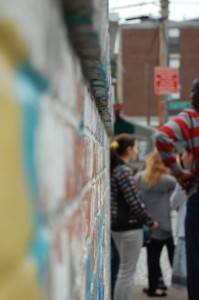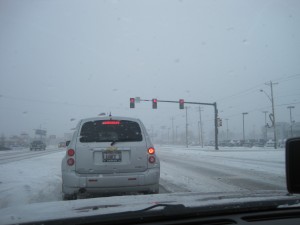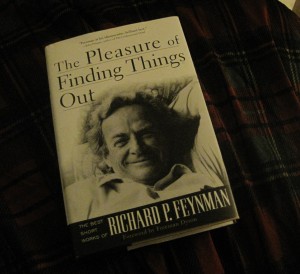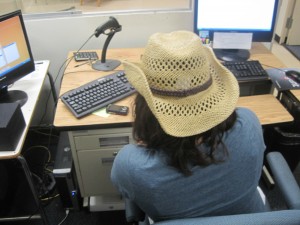
If I could, I’d get a Santa hat to wear around this little town. The smell of snow and the colour of lights around houses in the neighbourhoods comes with a pleasant feeling of Christmas. If I could, I’ll get a Santa hat like the big American guy I saw early today at Walmart. He wore a pair of jeans, a tee shirt, and a Santa hat. He was not Santa Claus. Santa Claus doesn’t exist. He didn’t look good either. He looked goofy. But he had a Santa hat. If I could, I’d buy a Santa hat. But I won’t. I’m done with all things hats.
Hats are so last year, aren’t they? Let me leave that to Mohammed and Ameenah to project their Africanness wherever they go in the United States. They’re our new royalty of cultural exchange (although she still would not budge to my constant nagging that she takes off the religious head covering and replace it with something more culturally authentic – You’re Yoruba, for goodness’s sake. Get a Yoruba head gear. You’re and not from Saudi Arabia; and he would never stop complaining of how people become automatically distanced whenever they discover that he’s Arab. I wouldn’t suggest to him to wear a turban to class for his students either. Actually, now that I think about it, I would. Isn’t that the whole purpose of the exchange? Now that would be something). It is an interesting time to be here, learning good new lessons in cultural exchange through the eyes and experiences of some others standing at a different front line. Ameenah is Moslem from Nigeria. Mohamed is Arab from Morocco. Same continent, same religion, different people, a different outlook on life.
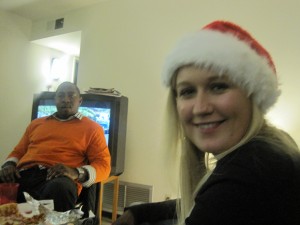 If I could get a Santa hat, I would. It is cold, and my hair (two months old) will soon become unable to provide needed protection. If my brain does eventually freeze itself off, I will have myself to blame, and lose the ability to do anything ever again. I should get a hat, again, truly. Ignore the fact that the last three I bought all got lost after the very first time I wore them. I ran into poet Eugene Redmond today on campus, almost by chance. An African-American writer from the United States, I met him in 2002 on the campus of my University in Ibadan and what struck me the most about his appearance was that he was always wearing an African-designed hat. Today was no exception.
If I could get a Santa hat, I would. It is cold, and my hair (two months old) will soon become unable to provide needed protection. If my brain does eventually freeze itself off, I will have myself to blame, and lose the ability to do anything ever again. I should get a hat, again, truly. Ignore the fact that the last three I bought all got lost after the very first time I wore them. I ran into poet Eugene Redmond today on campus, almost by chance. An African-American writer from the United States, I met him in 2002 on the campus of my University in Ibadan and what struck me the most about his appearance was that he was always wearing an African-designed hat. Today was no exception.
If I could, I would get a Santa hat if only because it is the Christmas season. I could keep my head warm and fuzzy, and delight in the season, with goodwill towards men.

